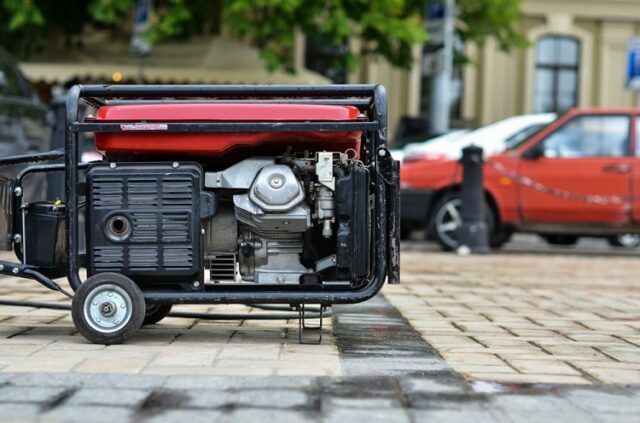The electric generator is a flexible and quiet source of power that can meet all your needs in the event of a power outage. An electric motor powers it. The generator converts mechanical energy into electrical energy by using a magnet and a copper coil. The same principle is used to generate electricity in hydroelectric, wind, solar, and geothermal power plants. Electricity then flows from the generator through a network of wires to your home appliances or business equipment.
Electric generators are a pain, there is no denying it. They are loud and heavy, have to be maintained properly and can cost a pretty penny. The fact is that many people would prefer to avoid having to deal with these machines at all.
However, if you live in an area that experiences frequent outages or has a power-hungry household, electric generators can be a necessary part of your life. It’s important to know what you’re looking for when you go shopping for generators, so here are some tips that will help you choose the best one from bestdualfuelgenerator.com for your needs:
The first step in choosing an electric generator is to decide what purpose it will serve. The most obvious reason to own one is the home backup generator, which provides electricity when the power goes out. But there are other uses for an electric generator too. They can power tools and equipment used in construction projects or in farming. Some people even use them to run industrial-sized air compressors. No matter your purpose, there are several factors you need to consider before purchasing a home generator.
Table of Contents
What size do I need?
Electric service panels range from 200 amps (common in older homes) up to 400 amps (typical in newer single-family houses). The number of circuits in the panel depends on how many major appliances you have and how much space they take. If you have an existing generator that is not sufficient, consider replacing it with one that is of the right size rather than getting a larger generator. The larger units are more difficult to handle and require more fuel, so they are not really an effective solution.
Is it Gas or Diesel?
Electric generators are powered by either diesel or natural gas. Gas engines typically cost less than diesel units, but they’re also noisier, which may make them unsuitable for residential use. Both gas and diesel generators can run on unleaded regular gasoline, but with a few exceptions, most diesel generators can only run on diesel fuel.
There are several types of gas-powered generators available, including portable and stationary models. Stationary gas generators are permanently installed inside a shed or other enclosure, while portable units are easily transported from place to place as needed. Portable models also range in terms of their power output.
If you are looking for an electric generator, check CCR Mag; they offer affordable yet durable electric generators.


















